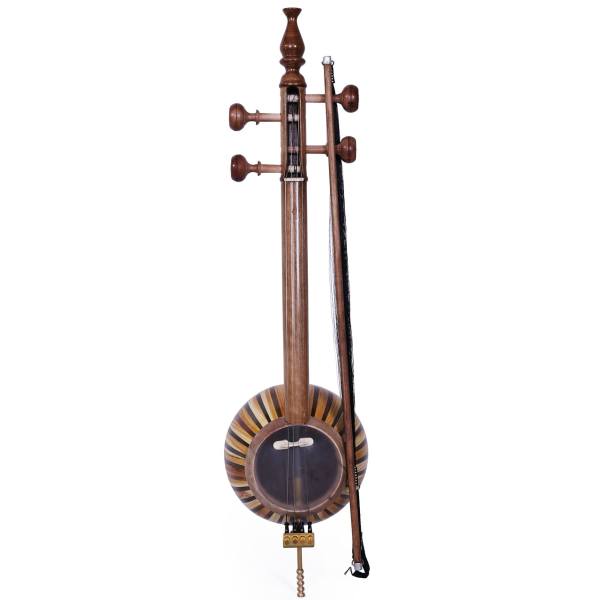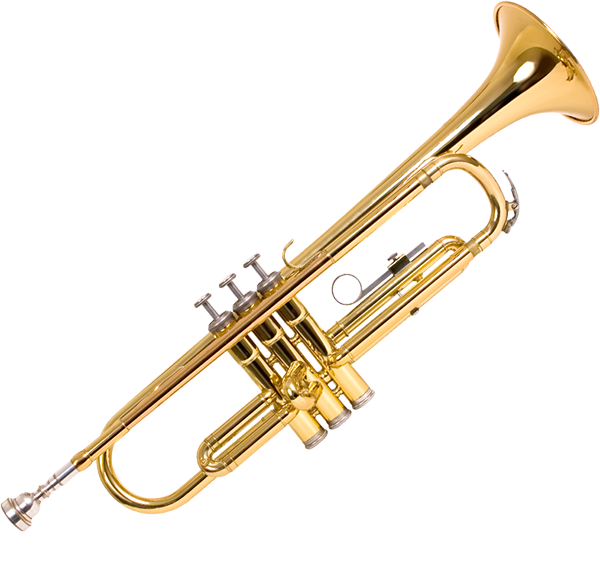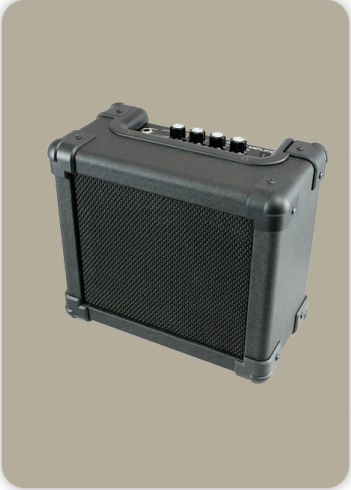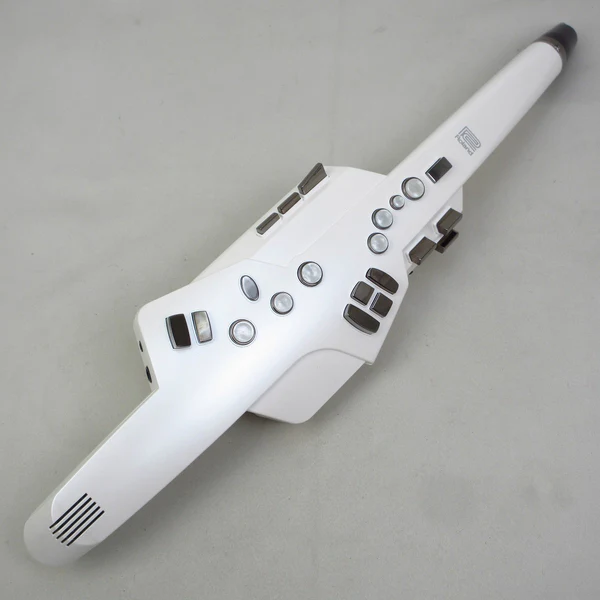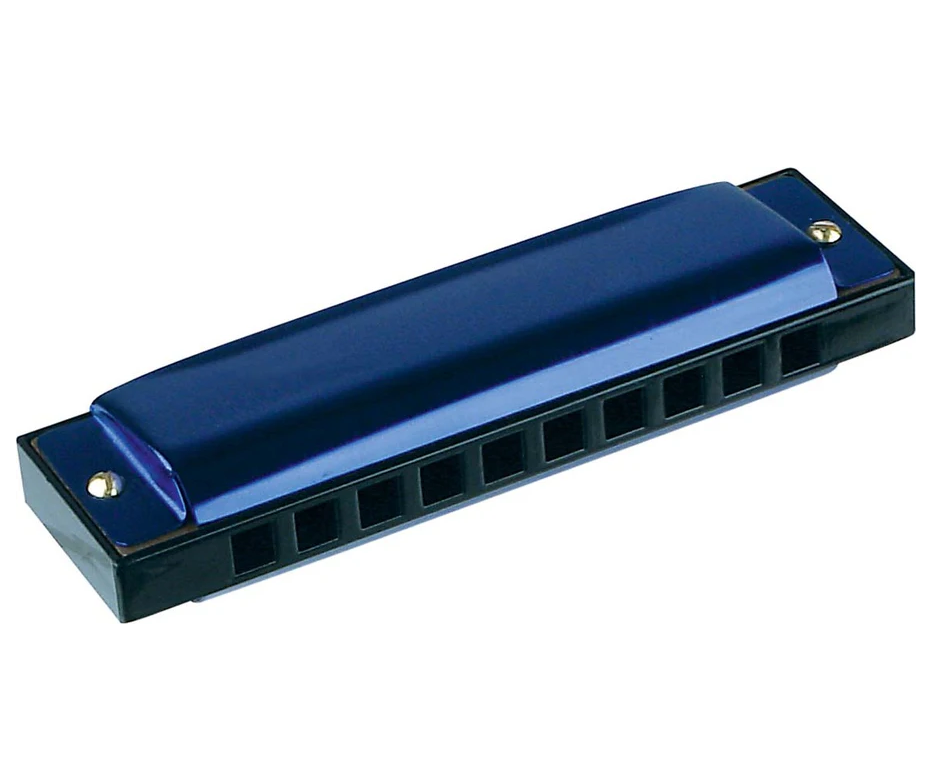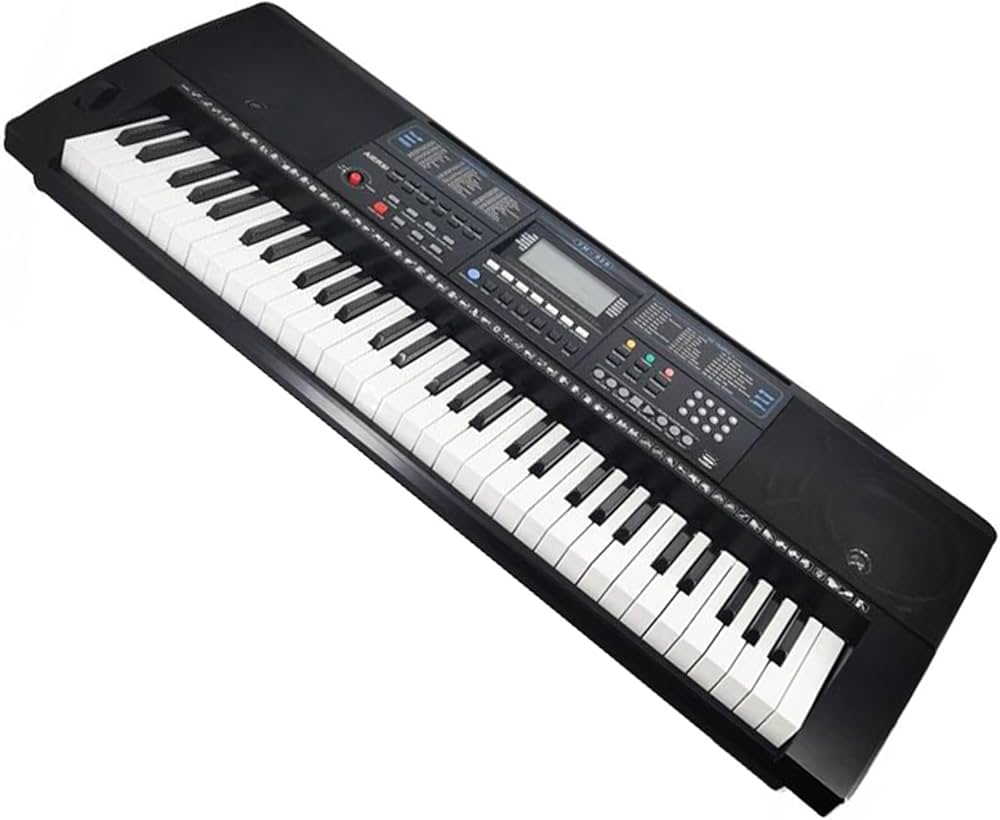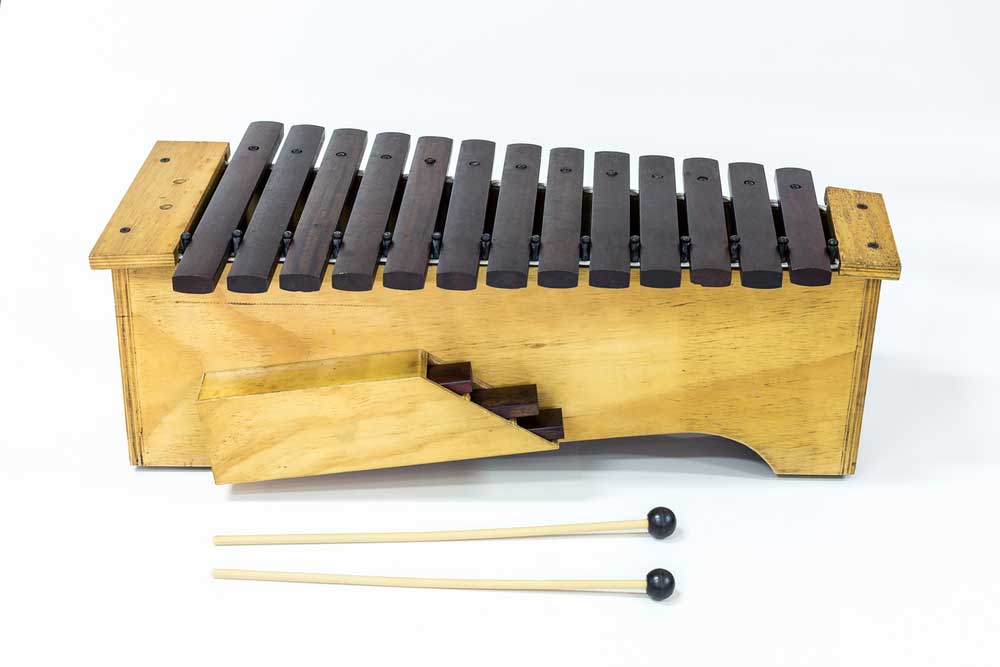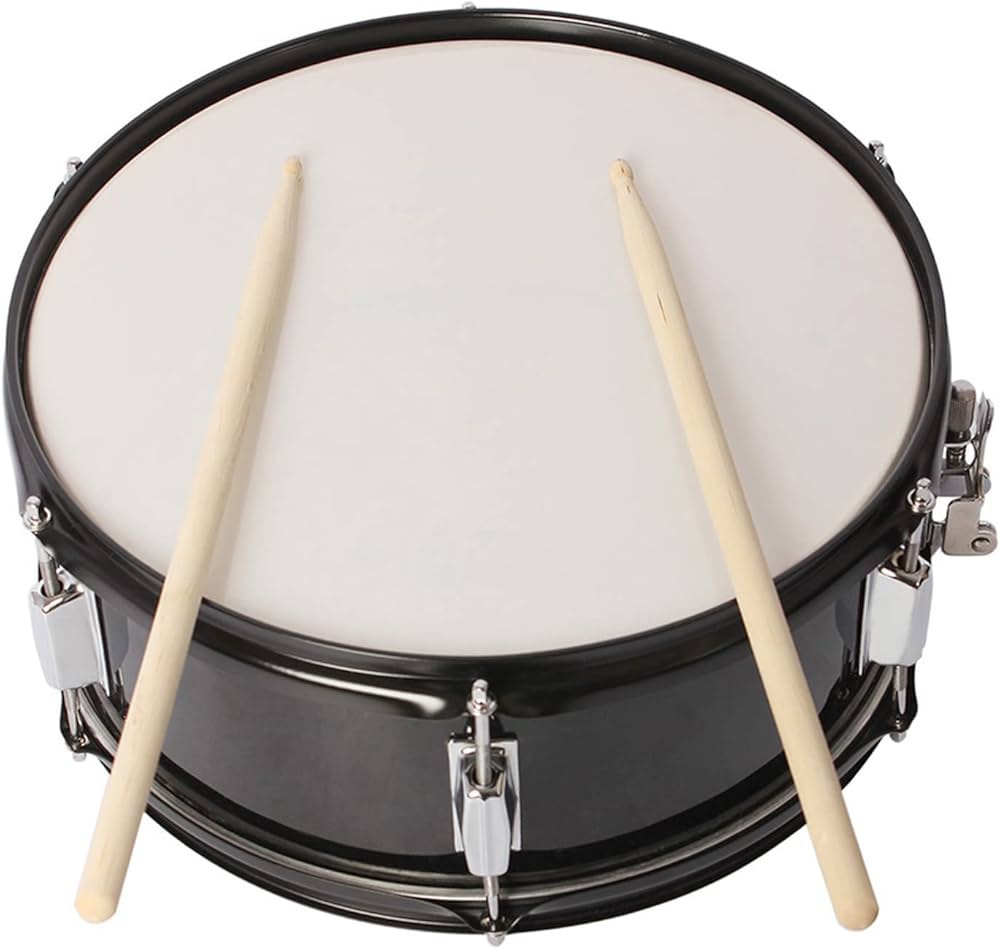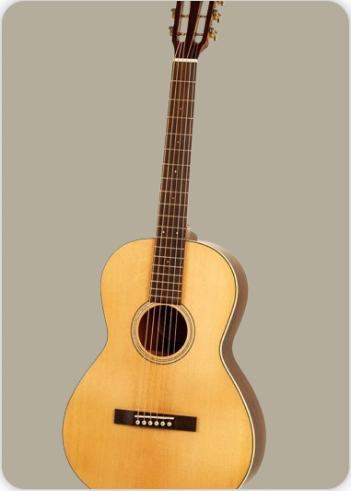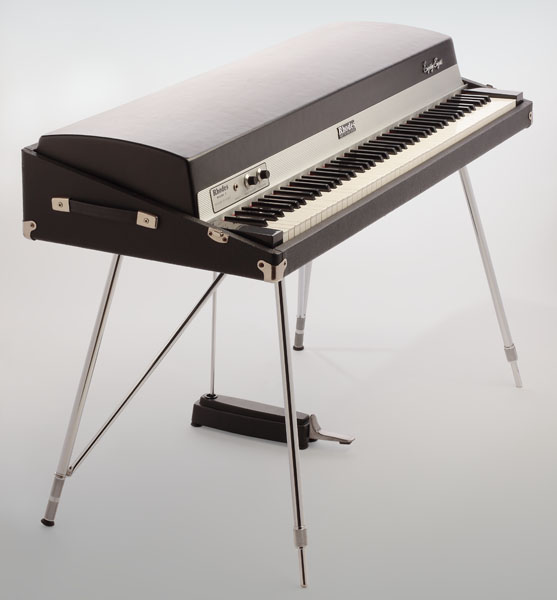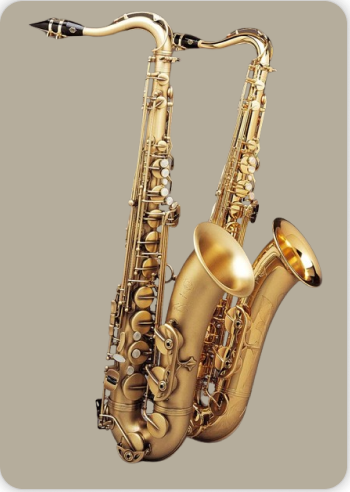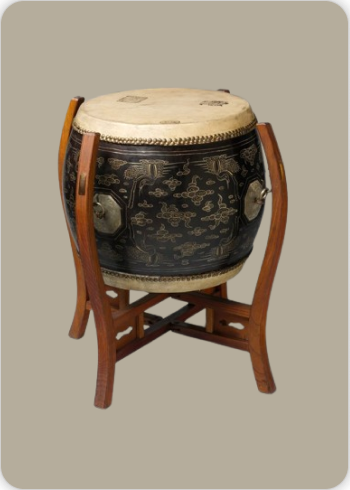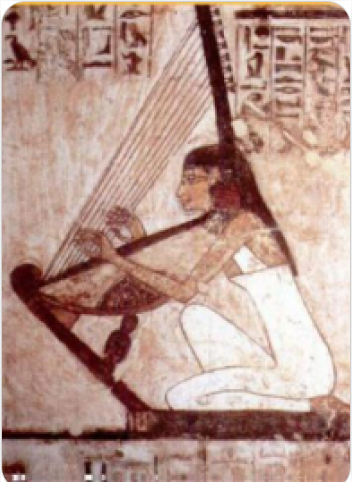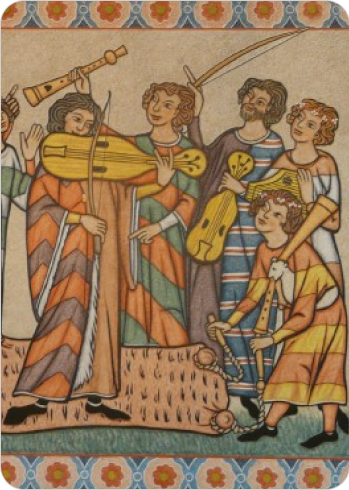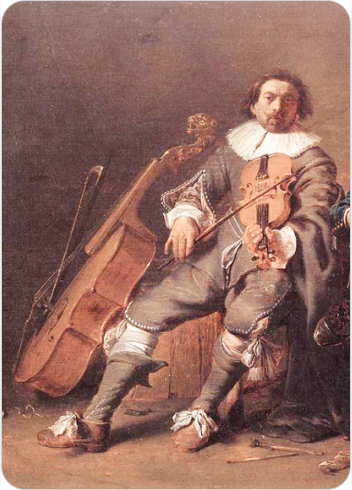Electric Piano
Electronic Instruments
America
Between 1901 and present
Video
The electric piano is a keyboard instrument that combines traditional piano mechanics with electronic amplification, producing sound through electro-mechanical means. Known for its distinct tonal qualities, the electric piano has played a pivotal role in the development of jazz, rock, and funk music, influencing generations of musicians.
Historical Background
Electric pianos began to emerge in the late 1920s with the invention of the Neo-Bechstein electric grand piano, one of the earliest electric pianos that used electromagnetic pickups rather than a traditional soundboard to amplify sound. In the 1940s, Harold Rhodes developed an electric piano for soldiers in the military, which later evolved into the iconic Fender Rhodes after his collaboration with Leo Fender. The Fender Rhodes became a defining sound of jazz and rock in the 1960s and 1970s. Meanwhile, the Wurlitzer Electric Piano, first released in 1955, used metal reeds to produce a bright, vibraphone-like sound, gaining popularity across many music genres.
Construction and Design
Electric pianos generate sound through a mechanism that involves hammers striking either strings or metal reeds. The vibrations from these interactions are then converted into electrical signals through pickups, which amplify the sound through external speakers. Key models include:
- Fender Rhodes: Known for its warm, bell-like tones, it is a popular choice in jazz and rock music.
- Wurlitzer: Noted for its bright, distinctive sound, often used in pop and soul music.
Most electric pianos feature a standard keyboard layout, although variations with fewer keys also exist. Each model offers unique tonal qualities, adding character to various musical styles.
Playing Techniques
Musicians apply traditional piano techniques to the electric piano, utilizing finger positioning, dynamics, and nuanced touch to produce a wide range of tones. The instrument’s unique sonic capabilities allow for expressive playing, making it ideal for jazz improvisations, rock melodies, and pop harmonies.
Cultural Significance
The electric piano has had a lasting impact on music, particularly in genres such as jazz, rock, funk, and R&B. Its iconic sound has shaped the works of legendary artists like Ray Charles, Stevie Wonder, and Herbie Hancock. While digital pianos and synthesizers have replaced traditional electric pianos in some settings, they continue to be celebrated in both live and studio performances for their nostalgic and rich tonal characteristics.
Modern Developments
Recently, there has been a resurgence in interest in electric pianos, with manufacturers producing models inspired by classic designs. Additionally, digital emulations have become popular, offering the convenience of portability and versatility while retaining the beloved sounds of vintage electric pianos. These software versions allow musicians to incorporate the characteristic tones of electric pianos into contemporary music production.
Overall, the electric piano remains an essential instrument, bridging the acoustic tradition with modern music, and celebrated for its versatility and historical significance in contemporary music.
FAQ
What is an electric piano?
An electric piano is a keyboard instrument that combines traditional piano mechanics with electronic amplification, producing sound through electro-mechanical means rather than a soundboard. It creates sound by using hammers to strike strings or reeds, which are then amplified through pickups.
How does an electric piano differ from a synthesizer?
Unlike a synthesizer, which generates sound electronically, an electric piano uses hammers and reeds or strings to produce sound, which is then amplified. Synthesizers produce entirely electronic sounds, while electric pianos have a more organic, mechanical basis for sound generation.
What are the most famous electric piano models?
The Fender Rhodes and Wurlitzer electric pianos are among the most iconic models. The Fender Rhodes is known for its warm, bell-like tone, while the Wurlitzer has a brighter, vibraphone-like sound.
Why is the electric piano significant in music history?
The electric piano played a central role in the development of genres like jazz, rock, and funk, used by influential musicians such as Ray Charles and Stevie Wonder. Its distinctive sound has shaped countless recordings and continues to be celebrated in contemporary music.
Are electric pianos still used today?
Yes, electric pianos are still popular today, both in their original form and as digital emulations. Vintage electric pianos are sought after by musicians, and software versions allow for portability and access to their iconic sounds in modern music production.
 Links
Links
References
Other Instrument
Categories
